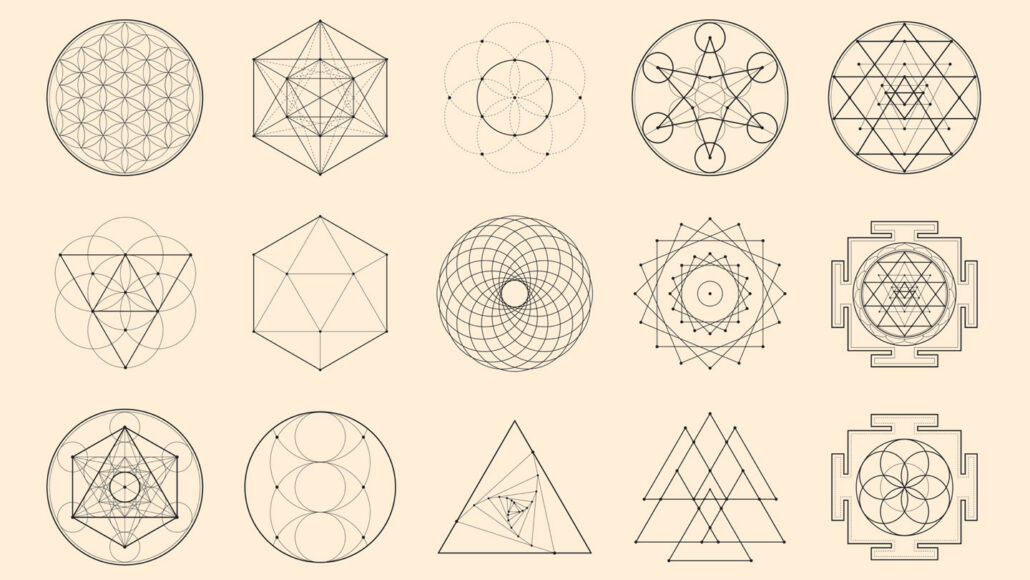2-D: Short for two-dimensional. This term is an adjective for something in a flat world, meaning it has features that can be described in only two dimensions — width and length.
3-D: Short for three-dimensional. This term is an adjective for something that has features that can be described in three dimensions — height, width and length.
angle: The space (usually measured in degrees) between two intersecting lines or surfaces at or close to the point where they meet.
astronomer: A scientist who works in the field of research that deals with celestial objects, space and the physical universe.
degree: (in geometry) A unit of measurement for angles. Each degree equals one three-hundred-and-sixtieth of the circumference of a circle.
dimension: Descriptive features of something that can be measured, such as length, width or time.
element: A building block of some larger structure. (in chemistry) Each of more than one hundred substances for which the smallest unit of each is a single atom. Examples include hydrogen, oxygen, carbon, lithium and uranium.
geometry: The mathematical study of shapes, especially points, lines, planes, curves and surfaces.
proof: (in math) The showing, step-by-step, that a given statement is true.
pyramid: A monumental structure with a square or triangular base and sloping sides that meet in a point at the top. The best known are those made from stone as royal tombs in ancient Egypt.
right angle: A 90-degree angle, equivalent to any inside corner on a square.
solid: Firm and stable in shape; not liquid or gaseous.
square: (in geometry) A rectangle with four sides of equal length. (In mathematics) A number multiplied by itself, or the verb meaning to multiply a number by itself. The square of 2 is 4; the square of 10 is 100.
star: The basic building block from which galaxies are made. Stars develop when gravity compacts clouds of gas. When they become hot enough, stars will emit light and sometimes other forms of electromagnetic radiation. The sun is our closest star.
unique: Something that is unlike anything else; the only one of its kind.

